| Deadline: Age ranges: Categories (from the website): Contest tips: Previous winners: Requirements: | March 14, 2014 13-15, 16-18, or 19-21 Writing (article of up to 1000 words), Photography (a single photo or photo essay of up to 12 photos), Video (up to 3 minutes in length, in documentary or reporter/interview style) The website includes tips for choosing a topic and provides other helpful information for contest entrants. Check out the winning entries from last year here. Specific requirements for competition entries are available online. |
|
The National Wildlife Federation is sponsoring an environmental journalism competition for teens and young adults.  It’s a new year! You need to be more productive, right? Check out this short video of helpful tips.  A new year often means pondering the big picture. Start with these questions.  A fresh start requires some perspective on the past. For the publishing year in review, read this roundup from YA Highway.  It’s already January 3rd! Feeling pressure to write something? Try one of these free creative writing prompts.  Will you really keep those New Year’s resolutions? This article lists some pitfalls to avoid. Wishing you a creative, productive and joyful 2014!
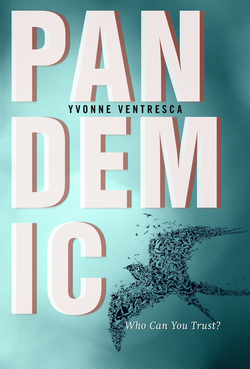 Yesterday, this post about the Pandemic cover (designed by Brian Peterson at Sky Pony Press) ran on the Uncommon YA blog. Happy New Year! Happy December 24th! Last week, John Hansen counseled teen writers not to take condescending advice. In that spirit, I’ve compiled links to several positive posts where published YA authors offer advice to teen writers. I'll leave it to you decide if it is condescending or not. :) From one teen to another Seventeen-year-old Beth Reekles (author of The Kissing Booth) offers five pieces of craft-related advice in “Top tips for teen writers: Beth Reekles” from theguardian.com. Develop a self-critical eye “Develop a self-critical eye,” Cassandra Clare (author of The Mortal Instruments series) advises in her blog post “Tips for Teen Writers.” (This post is from 2008, but you can still scroll through and read her answers to lots of individual questions.) She provides more advice on her website. Advice from YALLFest 2013 From the young adult book festival, YALLFest, read seven more tips in “7 Young Adult Book Authors Reveal Their Best Advice for Teen Writers” by Kaitlin Cubria. Don’t take advice too seriously “Don't take anyone's advice--even this--too seriously,” says Beth Revis, author of Across the Universe. She offers several other bullet points in her 2011 blog post, “My Best Advice For Teen Writers.”  Happy Writing! This will be the last Teen Tuesday post until 2014.  Do you need a last-minute gift for a book lover? Book Riot has compiled a list of 19 links that might help, plus there is a guide to "insanely creative gifts" from Buzz Feed. Happy Shopping! This week's Teen Tuesday features an interview with John Hansen, who created Teens Can Write, Too in 2011. John is a Young Adult writer, a literary agent assistant, a beta-reader, and he says, “a complete and utter publishing nerd.” He’s also a teenager himself, with some solid advice for other teens who write. I love your tag line: “Changing the world’s opinion…as soon as we finish this math homework.” What erroneous opinions do you think people have about teen writers?
What is the main purpose of the TCWT site and facebook page?  Kind of going off what I stated above, my goal with TCWT is to foster an environment where teen writers essentially don't exist, because here, teen writers are writers. Period. Not teen writers, not aspiring writers: we're just writers. After all, teens are just as capable of telling unique, well-written stories with interesting characters and themes as everyone else is, and I want to prove that to young writers (since the internet is full of condescending "advice" geared toward teens.) What are the one or two most common writing questions you hear from teens? I think the main question I get from teen writers is from beginners who are struggling to actually finish a novel. I feel for these writers especially, because the whole "finishing" part is something I used to struggle with and I know just about every other writer out there has too. It's so tempting to just jump ship and start a new project while you're writing a novel, especially when you get stuck (and we all get stuck at some point in our books.) My main response to that question can be found here. You seem incredibly busy. What time management tips can you offer teens who write? Do you have other specific advice for teen writers? Um... I am the last person to give advice on this. Ha! I am terrible at time management. But what I'd say to teen writers who want to find time to write is basically to take advantage of whatever few minutes of free time you can find, since with school and sports and friends and anything else you might be doing, writing time is hard to come by. So if you have a free ten minutes before you go to bed? Pull out your laptop and write. Have a free minute before class begins? Type up your next line on your phone. Are waiting on the bus or car or whatever on your way to school or a store or something? Write. Those few minutes can really make a difference, so for those times that you don't have hours of free time ahead of you, you can still get to do what you love.
Planning your time is everything…  The holidays can be a wonderful time but the presents, the decorations, a special dinner--none of these festivities come together without planning. The same is true for writing a novel. While you don't need to completely plan the story, you do have to plan your time because it will never miraculously appear. “Oh, I have a few free hours today. Think I’ll get some writing done.” Ha. Even if this happens occasionally, it will never occur regularly enough to get you through 50,000 words plus revisions. Plan your time like you have an unmovable deadline. …but you also have to be flexible.  Maybe Christmas dinner takes much longer to cook than expected. (This *always* happens to me.) You run out of clean forks. You forgot your sister-in-law hates chardonnay and there are two bottles chilling in the fridge. Sometimes you need to improvise with your WIP. If the opening isn’t working, try starting with chapter two. Maybe that scene in the cat shelter is just too boring, even though you visited the shelter twice and took numerous notes before writing it. Save the file under a different name, drink the leftover chardonnay, and try something new. You don’t always get what you ask for.  I won’t mention names, but some people do not always buy you the book you *really* wanted even though you emailed the title, author, and link, and mentioned it several times over dinner. Ahem. But sometimes they give you an even better gift, like earbuds that actually stay in your ears when you go running. Or jewelry that sparkles. With regards to writing, you may think you want to create a middle grade story. You outline said story. You spend lots of well-planned time writing it. And lo and behold, you develop a really interesting YA voice. What’s a novelist to do? Accept the unwanted gift graciously. It may be what you didn’t even know you needed. Sometimes change is difficult but necessary.  When my children were young, we would drive around the neighborhood and gaze at the decorated houses the week before Christmas. Then, all too soon, the kids stopped enjoying it. It was hard to let the ritual go. Similarly, don’t let tradition dictate your writing habits. If you usually write quietly at home, try a busy coffee shop or even take notes at the mall. If you edit with a red pen in hand, try purple. Experiment with third person POV instead of first. Change can be a good thing to jumpstart your creativity. Remember the magic.  It’s easy to be grumpy when your holiday to-do list spans two pages. The joy of the season gets lost in the mundane tasks. This can happen with writing, too. You’re trying to reach a word count or revise a scene or replace the verb “walk” because you’ve used it eighteen times. Writing becomes drudgery. As with Christmas-related chores, the fun gets lost. This December, make a conscious effort to recognize the “why” of the holidays and your writing. There’s a deeper reason we celebrate (and create). Remember the magic, and keep the joy in the season and your writing.  Happy Writing! For this week's Teen Tuesday, I'm pleased to interview Patrick Ryan, Editor-in-Chief of One Teen Story.  One Teen Story recently celebrated its one year anniversary. Congratulations! Can you explain the concept of a story-a-month? What sets One Teen Story apart from other YA literary magazines/zines? That’s right, we’re a year old. Soon we’ll be walking! One Story started with the idea of celebrating the short story form by showcasing just one short story per issue. That was twelve years ago, and the journey has been tremendous. So a year ago, the idea was hatched to start a second magazine--one geared solely to young adult fiction. That became One Teen Story. What’s particularly exciting about One Teen Story is that it’s the only regular venue out there for young adult short stories. That’s a tremendous thing. There are plenty of talented writers--both established and emerging--who are writing YA fiction in the short form, and they had no regular place to submit their work until OTS opened its doors. Now we’re seeing a lot of fantastic submissions and publishing wonderful short stories that have teen protagonists.
Yes, once a year we have a contest for teen authors, the finalists chosen by us and the winner chosen by an established YA writer. Then we publish the winner as the final issue of that year’s “run.” What we’re looking for is the same thing we look for in all our submissions: outstanding writing, a story that sticks with you, a story that takes risks (even tiny ones) and strives toward greatness. The protagonist has to be a teen, of course, but the subject matter is wide open. We’ve seen submissions that are traditional, quiet, shocking, weird, written in the first-person, second-person, third-person…everything from teen angst stories to speculative fiction. Can you describe what your online “boot camp” is like? Boot Camp was an experiment for us, and one that had great results. We had a lot of people sign up, and then we sent them a “packet” of writing advice each day for a week--all geared toward inspiring the participants to write a draft (even a very rough draft) of a short story in just seven days. We then encouraged participants to write comments or questions on our blog during that week, and I responded to all of them. At the end of the week, we encouraged people to send us what they’d written, and we read through everything and chose our three favorite ones and published them on our blog. As far as we can tell, we had nothing but happy campers! What is the most common mistake or flaw that you see in submissions? Cover letters that attempt to “sell” us on how good the story is. (We don’t really care about the cover letters; we care about the stories.) Submissions that don’t focus on a teen protagonist. Writers who submit work that’s single-spaced and/or lacking page numbers. Writers who submit more than one story at a time. And--this actually happens--writers who create multiple accounts through our submissions data base and then submit the same story more than once, under different names. We’re a very small team of devoted people, so we can’t not notice these things! Do you have any specific advice for teen writers?
Thank you, Patrick! For more information about One Teen Story, visit their website and check their submission guidelines.
Today's Teen Tuesday features an interview with Stephanie Morrill and Jill Williamson who run the Go Teen Writers website. Stephanie founded the site in 2010 and Jill joined her about eighteen months ago. What inspired you to start Go Teen Writers?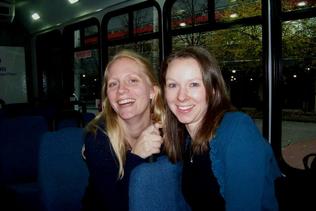 Jill Williamson and Stephanie Morrill Stephanie: Because my fiction is for teen girls, many of the readers who contacted me about enjoying my books shared that they enjoyed writing. They wanted to know what advice I had for teen writers. When I was a teen writer, I didn't know a single person who could help me figure out next steps I should take, so I became really excited about creating a place where teen writers could learn and be encouraged. What are the main benefits that Go Teen Writers provides?Jill: We provide a consistent environment where teens can learn and ask questions. We post consistently, hold a variety of contests, and have guest bloggers who are professional authors, editors, or literary agents. We also provide a community for teens to meet other writers and form support and critique groups. Do you have any advice on what *not* to do as a teen writer?Jill: Try not to surge ahead recklessly. Fight for patience. Too many young authors convince themselves the self-publishing is the best way to go. They self-publish before they’ve learned the craft of writing and storytelling. And then they become frustrated when their books don’t succeed. Learning to write is hard work. Think of it as putting yourself through college. Set your mind on four years of hard work and writing at least a million words. That could be ten 100,000-word books or ten complete rewrites of the same book. But writing is very hard work and too many teens declare themselves ready long before they really are. 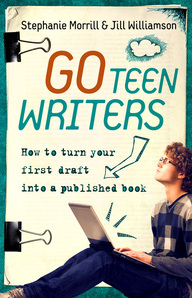 Thank you Stephanie and Jill! For even more information, check out their writing book, Go Teen Writers: How to Turn Your First Draft Into a Published Book. It's on sale this week for .99! After the holidays, check the website for new contest information. |
JOIN NOW!
Sign up for Yvonne's newsletter for exclusive content, book news, and other occasional author goodies. Archives
January 2025
Categories
All
|



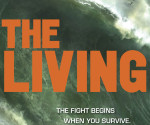

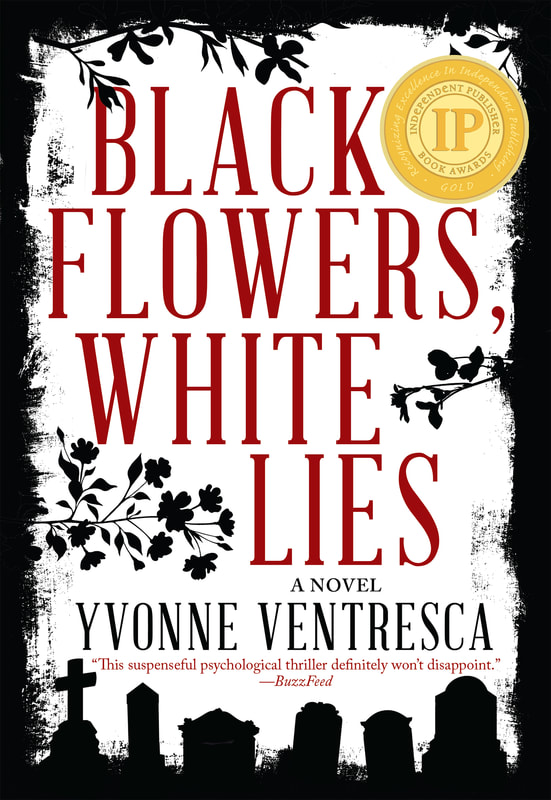
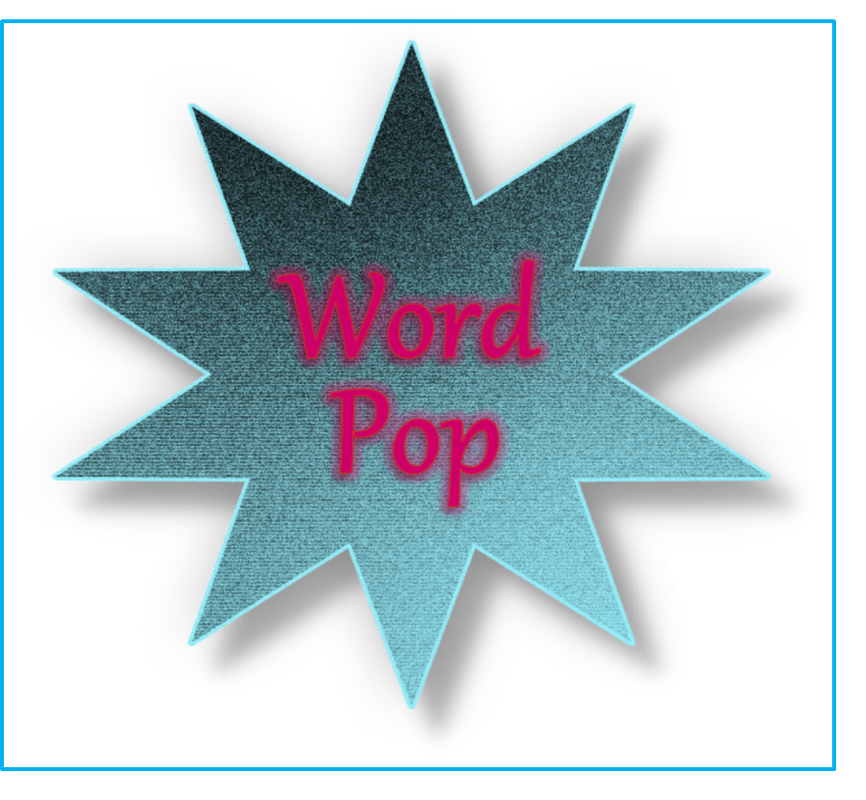
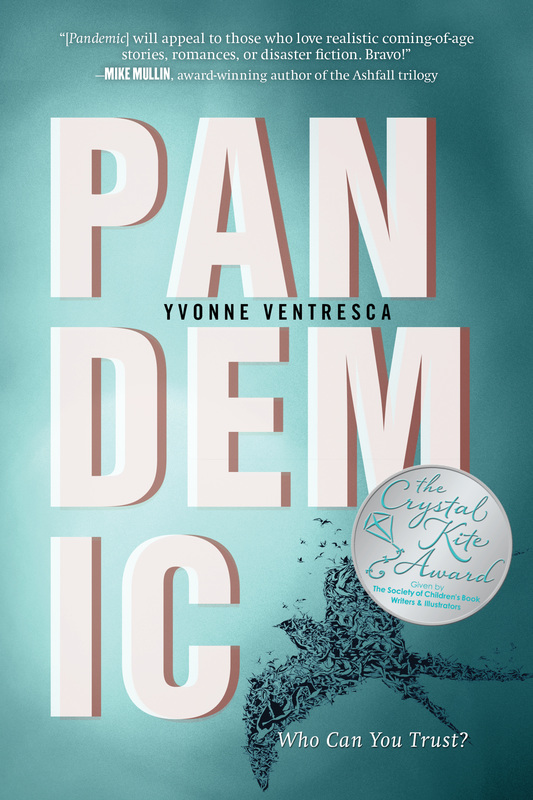
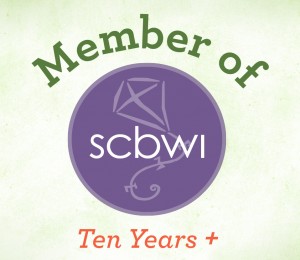


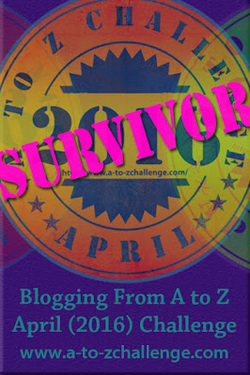

 RSS Feed
RSS Feed